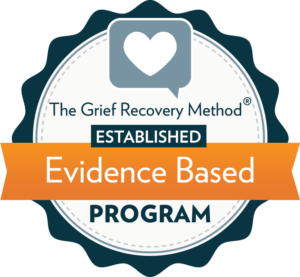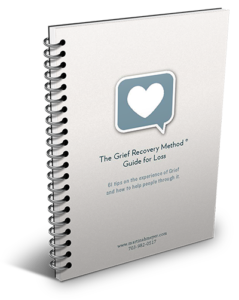Lately I’ve been in conversations about the sadness and loneliness that can be triggered for many people by this seemingly over-active spring with its roller coaster weather that mimics a very hormonal teenager… I guess, when we are in the midst of a change or recovering from a loss, the brightness of spring can be quite overwhelming – In those moments it can be such a contrast to the darkness, emptiness and confusion inside that it can’t easily be bridged.
What do we say to someone who is experiencing something like this?
Let’s start with the things that we may have been taught to say that are not helpful. And we all say them, regardless how well intentioned, how skilled or “evolved” we are, we feel tempted to “soothe” or “fix” others’ pain… Yet these statements that we use habitually often are intellectual responses to an emotional pain: Instead of relating to the griever and their experience, these statements explain, rationalize, minimize and create distance to the emotional experience of the griever – further disconnecting us and “them” (further perpetuating the myth that we are to “grieve alone”)
Here are 10 things that are the least helpful statements that a griever hears:
- You’ll be fine – it just takes time.
- Aren’t you over this yet? You shouldn’t still feel this way…
- I know how you feel.
- Look on the bright side…
- Everything happens for a reason… [be grateful that…]
- At least… [he’s in a better place now/no longer suffering… she died doing something she loved] – any statement starting with “at least” is a way of saying “Don’t feel bad” – and that’s not helpful (and actually makes one feel worse)
- You are still young and [can have more children/find new love/build another house…] = “Just replace the loss” = it devalues what the loss may have meant to the griever…
- It was just a… [dog, cat, job, house…]
- You need to be strong now. For your [kids, spouse, mom, job, company…]
- Just keep busy.
What to say instead:
- I can’t imagine how you feel.
- I can’t imagine how [painful, devastating, heartbreaking..] that must have been for you. (Every situation of loss is unique, therefore every griever is unique. You can’t possibly know how they feel – and comparing is perceived as judgment, and creates more disconnect instead of relatedness)
- I can’t imagine how you feel. I remember when I lost my dad I felt…. (just be aware of how you relate your own story, and stay with the intention of creating relatedness, rather than “upstaging” the griever)
- What happened? (And then just listen. It often is a relief to just be witnessed, with no commentary, no judgement, no “rationalizing it away”, no fixing. At the end refrain from commenting or comparing stories, just say “Thank you for sharing.” And maybe one of the above 3…)
- Listen with your heart not your head. Stay in the moment.
- It’s ok to tear up yourself. By showing your own humanity you show that you are ok with human feelings, and that you are a safe person to talk with about them.
You will notice, if you are allowing the griever to have and share their own experience, with you “just” witnessing – how connected you both feel, how human. I’ll tell you, it’s VERY awkward at first to just listen with no commentary at all, it takes quite some practice. But just try it, and see what opens up for you, and for the person going through whatever hard time, big or small…. It’s often quite miraculous…





This is such a thoughtful piece. I’m glad I’ve got a chance to read it. As time goes by it has become more and more frequent that I find myself in those difficult situations-want to help yet lack the knowledge of what are the right things to say…..
Will most certainly take heart of the great advices here, be a hard listener and say the thoughtful things…